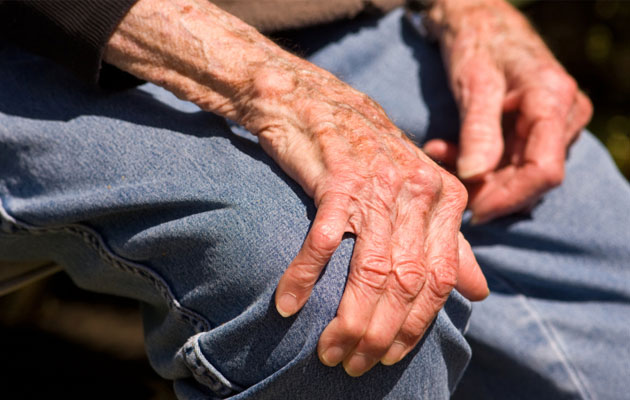Anxiety doubles risk of developing Parkinson’s disease

Compilation
A recent study conducted by researchers from University College London (UK) was published in the British Journal of General Practice. It found that people with anxiety are at least twice as likely to develop Parkinson’s disease as those who don’t have it. This is an important understanding of the connection between anxiety and Parkinson’s disease, especially in people over 50 years of age.
This is an important understanding of the connection between anxiety and Parkinson’s disease, especially in people over 50 years of age.
The research team analysed UK primary care data collected between 2008 and 2018. The study included 109,435 patients over the age of 50 who developed anxiety during this period, and compared them with 878,256 people without anxiety. The researchers tracked the emergence of Parkinson’s-related features, such as sleep problems, depression, tremors and balance problems, from the time of anxiety diagnosis to the year before Parkinson’s diagnosis. To ensure the accuracy of the results, the team adjusted the data for a variety of factors, including age, gender, social deprivation, lifestyle, serious mental illness, head injury and dementia.
The study concluded that people with anxiety were twice as likely to develop the disease as people without the disorder. They also identified several symptoms as risk factors for developing neurodegenerative diseases in people with anxiety: depression, sleep disturbances, fatigue, cognitive impairment, hypotension, tremor, rigidity, balance disorders, and constipation.
Depression, sleep disturbances, fatigue, cognitive impairment, hypotension, tremors, rigidity, balance problems and constipation are risk factors for developing Parkinson’s disease.
He Dr. Juan Bazo Alvarez, co-author of the study, emphasized the importance of these findings. “Anxiety is known to be a feature of the early stages of Parkinson’s disease, but until our study, the estimated risk of developing Parkinson’s disease in individuals over 50 years of age with new-onset anxiety was unknown.“, he said. Understanding the relationship between anxiety and Parkinson’s risk could help early detection of the disease. This could allow patients to get the treatment they need before symptoms worsen. At the moment, Parkinson’s disease is the fastest growing neurodegenerative disease in the world, affecting nearly 10 million people worldwide.
Senior author and professor at the Queen Square Neuroscience Institute, University of California, Dr. Annette Schragstressed the need for further research in this area.Anxiety has not been studied as well as other early signs of Parkinson’s disease. Future research should examine how early onset anxiety relates to other early symptoms and the progression of early Parkinson’s disease.” he claimed.
